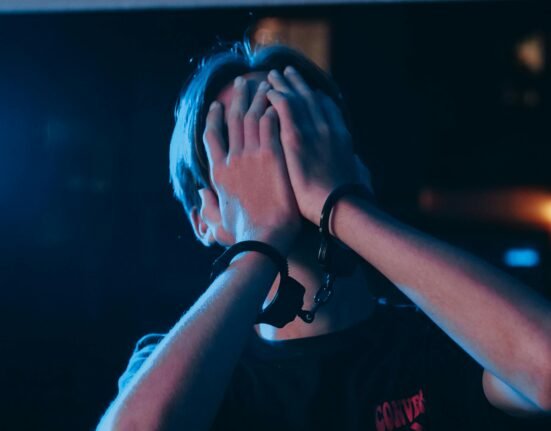Support for House Bill 1876 grows as Senate joins calls to outlaw iGaming; regulator warns of black-market risks
Rising Political Momentum for a Nationwide iGaming Prohibition
A legislative initiative to ban online gambling outright in the Philippines is rapidly gaining momentum, with key figures in both the House of Representatives and Senate endorsing a sweeping crackdown on the sector. House Bill 1876, introduced by Manila Representative Benny Abante, calls for a complete prohibition of online gambling and offsite betting platforms.
This proposed legislation reflects growing concern over the social impact of digital gambling, especially addiction among Filipino youth and low-income families. In a parallel move, Senator Raffy Tulfo has announced plans to file a complementary Senate bill, reinforcing the bipartisan resolve to eradicate what lawmakers are calling a “national epidemic.”
Lawmakers Cite Gambling Addiction as a Growing “Virus”
Representative Abante did not mince words in his criticism of online gambling, describing it as a destructive force undermining Filipino families:
“Online gambling is not just a vice—it is a virus. It erodes the values we teach our children and devastates family finances.”
Senator Tulfo echoed this sentiment, warning that online gambling addiction has escalated to epidemic levels. He urged President Ferdinand Marcos Jr. to recognize the severity of the issue and support legislative action that places public welfare above economic interests. Tulfo also called for an investigation into the role of government officials in the growth of the online gambling sector, suggesting that political complicity may have accelerated the industry’s spread.
Regulator Pushback: PAGCOR Warns Against Black Market Growth
Despite mounting political pressure, the Philippine Amusement and Gaming Corporation (PAGCOR) remains opposed to a total ban. Instead, PAGCOR has advocated for stricter regulation, not prohibition, arguing that a black-market surge could follow a blanket ban—thereby worsening the very addiction and criminal activity the lawmakers aim to prevent.
Just last week, PAGCOR ordered the removal of gambling-related advertisements from public spaces, a move interpreted as a gesture of compliance amid mounting criticism. However, the regulator maintains that responsible oversight, rather than prohibition, remains the most effective path forward.
Fallout from POGO Scandal Looms Large
The renewed urgency around online gambling policy follows the Philippine Offshore Gaming Operator (POGO) controversy that dominated headlines in 2024. Investigations into human trafficking, tax evasion, and organized crime led to the government officially outlawing all forms of POGO activity.
The POGO fallout has dramatically shifted public and political attitudes toward the gambling sector. Lawmakers now view iGaming as a similar threat, citing the lack of safeguards, unchecked advertising, and deep socio-economic damage as grounds for immediate action.
Looking Ahead: A Tense Legislative Showdown
As the Philippine Congress debates the future of its online gambling ecosystem, tensions are rising between legislators advocating for a moral and social reset, and regulators and business groups warning of unintended economic and criminal consequences.
With Senator Tulfo’s bill expected soon and public sentiment leaning toward reform, the coming months could determine whether the Philippines charts a course toward prohibition or tight regulation—a decision that will reverberate across the nation’s legal, financial, and social landscapes.























